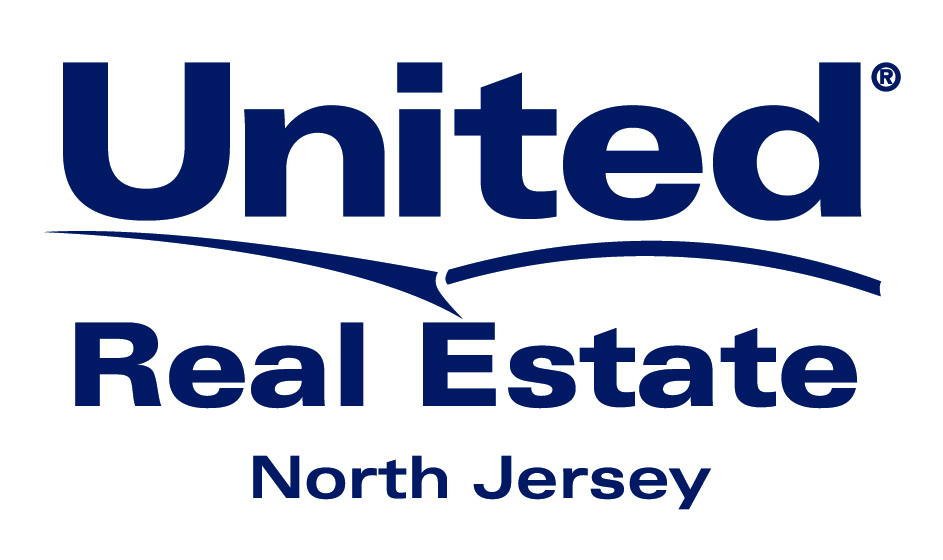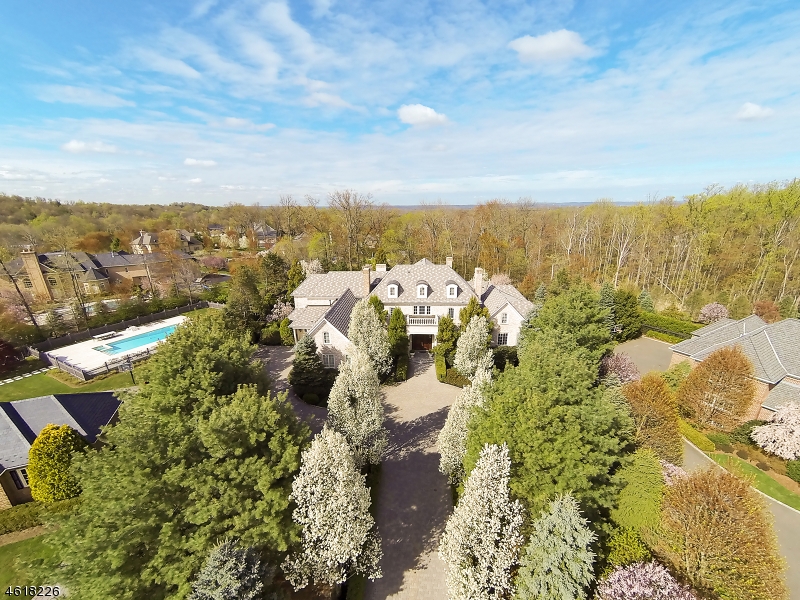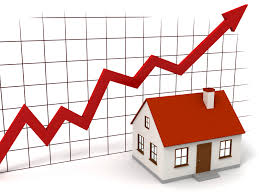
by robwp |
Owning vs Renting Benefits
1. TAX BENEFITS.
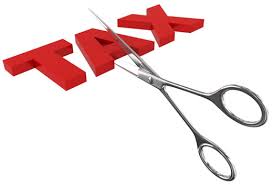
Owning vs Renting Benefits
Owning vs Renting benefits you through the allowable tax code deduction of the interest you pay on your mortgage, property taxes and some of the costs when buying, for investment properties other deductions like repairs, depreciation are also allowed, Its a great idea to consult with a tax professional to get accurate information about your particular situation.
2. APPRECIATION.
Real Estate has passed the test of time and allows a stable and steady growth over time, despite the recent housing crisis, home prices have increased on average approximately 5.2 percent each year from 1072 through 2015 according to the National Association of Realtors.
3. EQUITY.
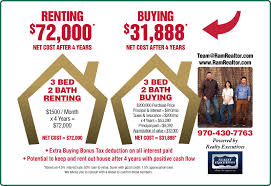
Owning vs Renting Benefits
Money paid for rent is money that you’ll never see again, having a mortgage allows you to build equity as you pay down the principal balance and the home benefit from market appreciation over the years, in addition to:
4. SAVINGS.
Building that equity is in itself a savings plan and when you sell, you could qualify to take up to $250,000 (or $500,000 for married couples) as gain without owing any federal income taxes. (Check with your CPA for further advise on these)
5. FREEDOM.
The home is yours. You’re can do as you choose, decorate, paint, upgrade, remodel and choose to live as it fulfills your lifestyle after all that’s some of the intrinsic owning versus renting – benefits.
6. PREDICTABLE.
Unlike rent, your mortgage payments are fixed and don’t rise over the years (if your loan is a fixed rate mortgage) , taxes and insurance cost will likely increase.
7. PRIDE OF OWNERSHIP.

Owning vs Renting Benefits
Among the many benefits of home ownership like, remaining in a neighborhood for many years and becoming part of the community, pride of ownership is one of the many traits that owning your own property affords through a sense of accomplishment and satisfaction in knowing this property is your own and you’re coming home! after all that it is the essence of the American Dream.
If Thinking to Purchase or Sell, Contact Us for a FREE – NO OBLIGATION consultation. Roberto A. Sanchez – Broker-Associate – Cell (973) 216-1945 or email me at: RSanchez@robsrealtor.com.
Let’s Talk Real Estate
[ninja_form id=5]
Stay Ahead and Beat your Competition by Receiving New Listings Alerts Before They Make it to the Major Real Estate sites for FREE – SUBSCRIBE HERE.
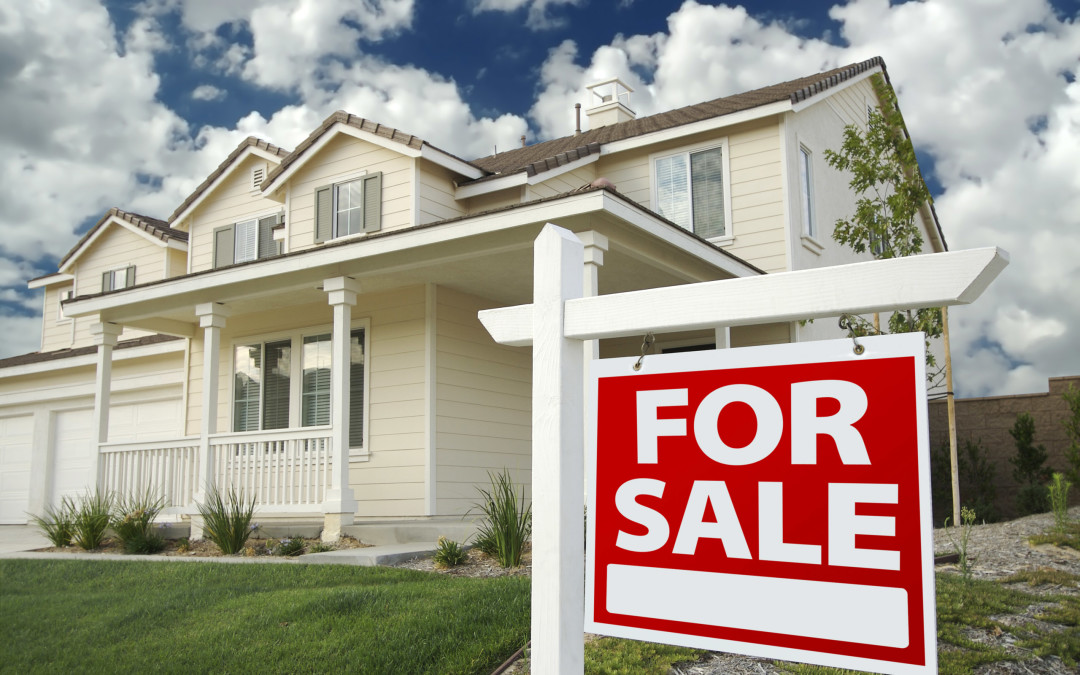
by robwp |

Questions Before Buying Home
Questions Before Buying Home
Whether you’re a first-time home buyer or a seasoned real estate investor, buying a home is a an exciting process. However, there’s also a lot to consider when you decide to buy. So before you begin your search for the perfect property, here are four questions before buying home you should ask yourself.
What do I want?
Take the time to figure out what type of property you want to buy. From single-family and multi-family homes to condos and co-ops, there are many different options on the market and it’s important to choose the type that best fits your needs. Figuring out the town or neighborhood you want to live in is equally important. While a property might have all of the amenities you’re looking for, factors like crime rate and proximity to highways can impact the overall home-owning experience. A good idea is to list out and prioritize your needs (e.g. large backyard, great school system) before you begin your search.
What can I afford?
The rule of thumb is that you should never spend more than 30% of your monthly income on a mortgage payment. An alternate rule states that you can afford to buy a property that runs about two-and-a-half times your annual salary. For a more tailored look at what you can afford, use an online mortgage calculator to see what your monthly mortgage payments would be if you bought a home today.
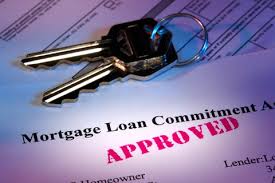
Questions Before Buying Home
Am I financially prepared?
A few months before you start searching for a home, review your credit history and make sure it is in good standing. Get copies of your credit report, ensure that it’s accurate, and fix any issues you discover. It’s likely that you’ll also want to get pre-approved for a home loan, which will put you in a better position to make a serious offer once you find the right property. Pre-approval from a lender is based on your credit history, debt, and income.
How do I make the best bid possible?
Do your research! Your opening bid should be based on the sales comparable and trends of similar homes in the area. before making your opening bid, get online and review the selling prices of comparable properties and better yet, have your agent pull information off the local MLS (multiple listing service) with pinpoint information that can help you be more successful in getting your offer accepted. If these properties sold for less than the current asking price of the home you’re looking at, you can feel comfortable make a bid that’s slightly lower than what the seller is asking.
If You’re thinking to buy or sell and need honest, accurate and dedicated service to fulfill your Real Estate needs call me at (973) 216-1945 Roberto A. Sanchez – Century ACV Real Estate Email: Rsanchez@robsrealtor.com




